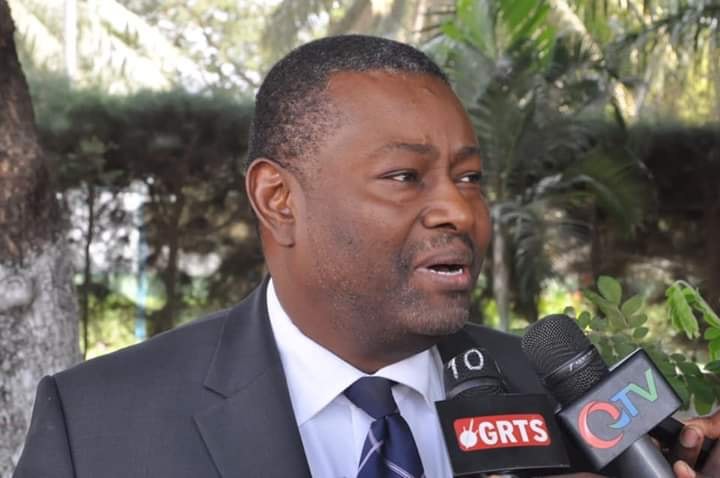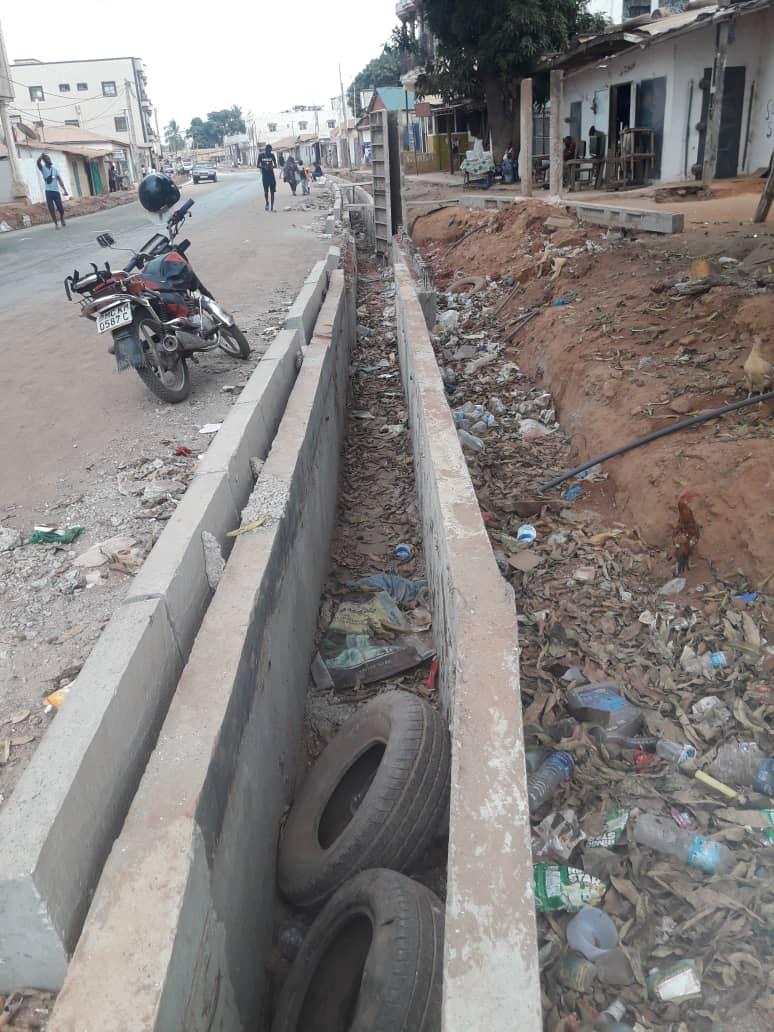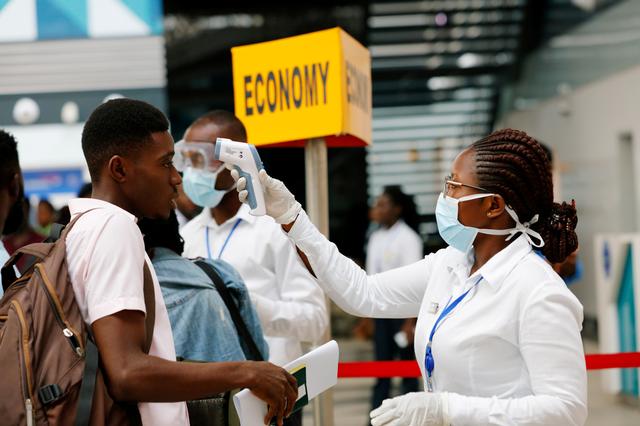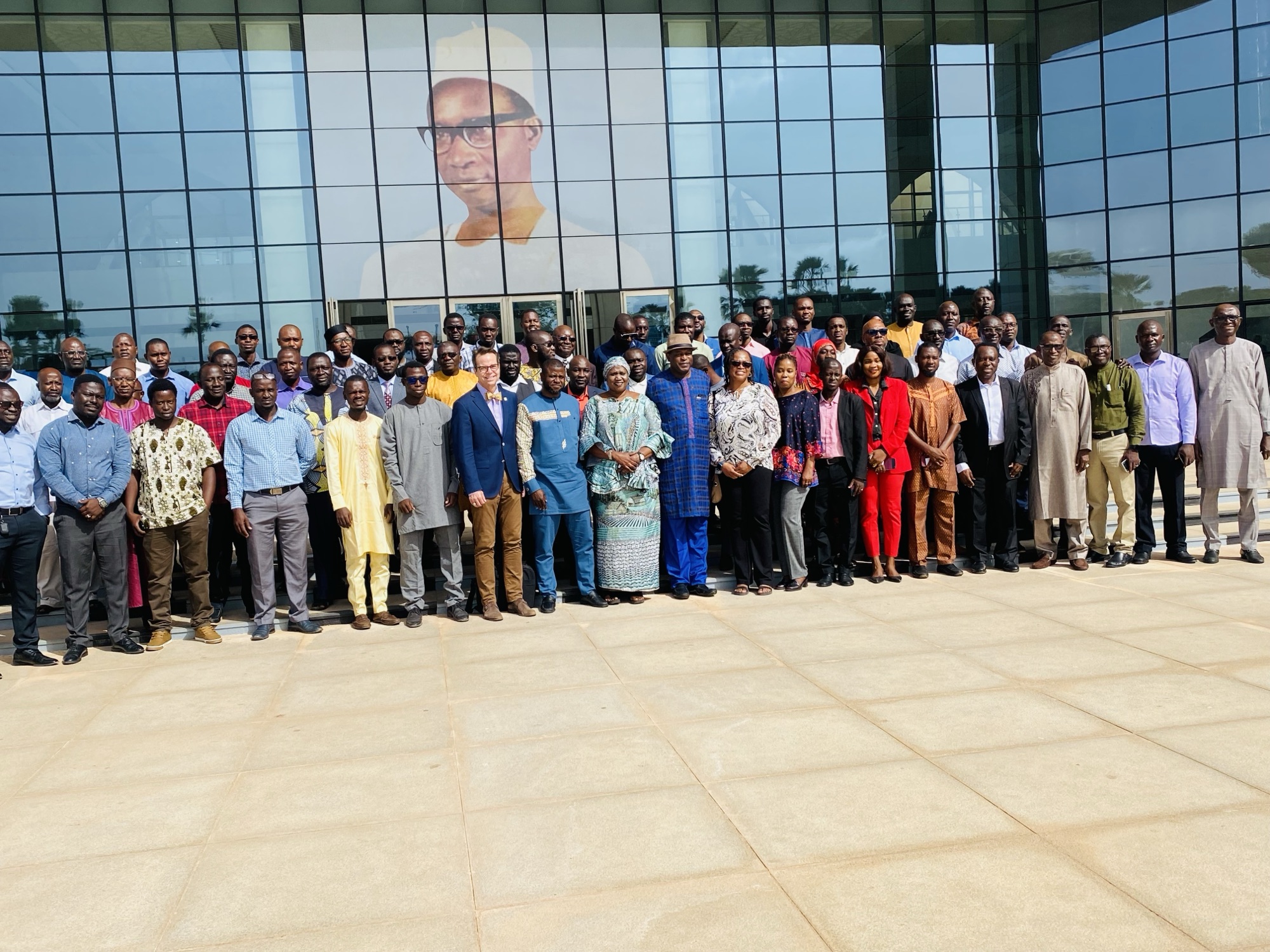By: Binta Jaiteh
The 2020 activity report of the National Human Rights Commission (NHRC) recommended that all police stations should have separate detention facilities for men, children, and women.
The report was presented to Parliament’s Committeeon Finance and Public Accounts Committee (FPAC).
It recommended that all police stations should have separate detention facilities in line with the Children’s Act 2005 and other legal instruments, further recommending that this recommendation should be factored in when the new police stations are being built or current ones are renovated.
The report further recommended that every police station should be provided functioning vehicles and motorcycles for operational and administrative purposes to facilitate the effective dispensation of services.
“Enough office equipment should be supplied to all police stations for effective police work,” it added.
The report noted that most of the cells need sanitary facilities and renovation.
It stated that there “is overcrowding and prolonged detention” at Jeshwang and Mile II prisons with poor lighting, and limited access to free and timely legal services, particularly for children in the Juvenile Wing and inmates accused of capital offenses.
The report also cited a lack of ambulances, inadequate drugs, absence of medical personnel, and poor sanitary conditions of the inmates, revealing that a comprehensive monitoring report has been prepared to be discussed with all the relevant government ministries and agencies, including the ministry of theinterior and the Gambia Prisons Service for their implementation, which would be monitored by the Commission.
The police stations in Janjanbureh, Basse, Bansang, Kaur and others, the report stated, do not have separate cells for women or children and most of the cells are tight, adding that most of the stations lack operational vehicles.
The NHRC highlighted that monitoring teams visited all the prisons and some of the areas the commission focused on were the general conditions of the prison building and cells, accommodation, availability of office equipment, and health care conditions of the prisoners.





